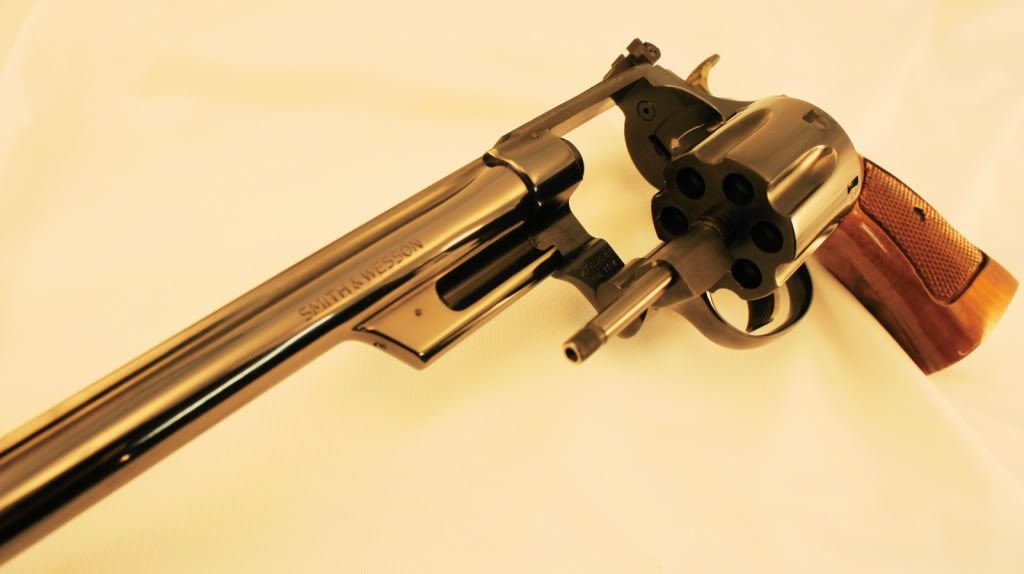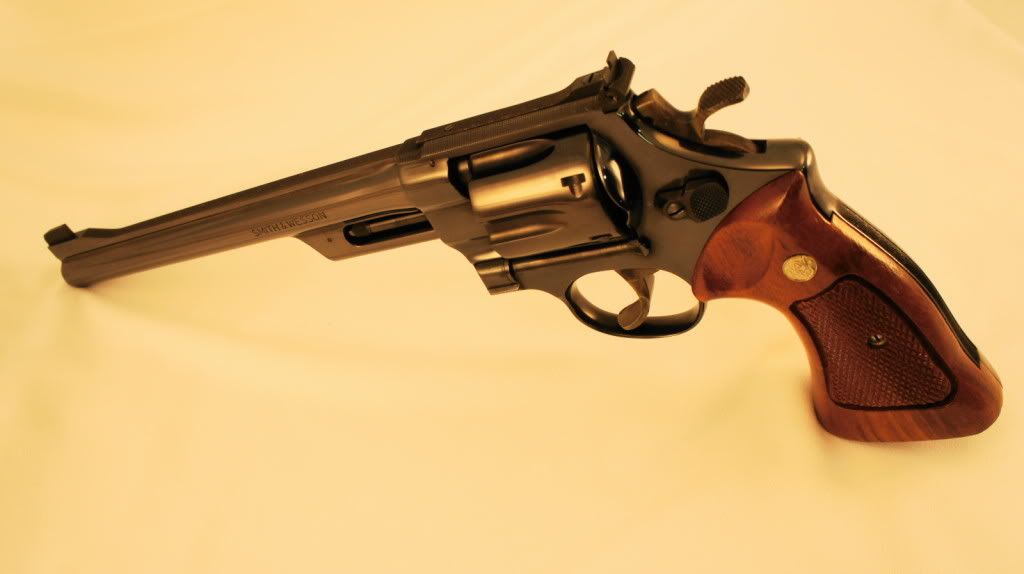As others have said, polishing a handgun is a long-practiced art, more than a science.
It is a highly developed skill.
It does require practice and ability.
In the 1980s Colt had to introduce a new model variation on one of their .357 Magnum revolvers with a lesser-quality non-polished finish because they didn't have enough polishers left during a worker strike. They knew they couldn't just let anybody at the plant do the polishing, that's a job for a specialist.
Other makers now sell un-polished "roughly" finished bead-blasted/blued revolvers at much lower prices than their polished counterparts. They can do that because polishing correctly takes up more time on each gun, and time means money. No polish means less time and a lower price.
You won't be able to get the correct even polish that a professional will do. You'll have some out-of-rounds on your barrel. You'll almost certainly blur barrel stampings.
You very simply don't understand how important skill is in doing this, and it's not as easy as you think it is.
You'll be able to polish it, yes, but it won't match the rest of the gun in quality & it won't look as nice as a professional would make it.
Each manufacturer that turns out a polished blue has dedicated polishers who can do it right.
You can't just buy a buffing wheel & expect to achieve good results on your own.

Trying to polish & cold blue the new barrel yourself will not match the rest of the gun, but if you don't care about anything but "shiny black", that may not be important to you.
If you want it to look "right", it should be.
If you just want to shoot the gun & don't care what it looks like, then you may be happy with the results.
You'll already be ending up with a mis-matched barrel & frame anyway, since the replacement barrel won't have the gold.
I'm sorry, I know English isn't your language, but I still don't understand what you're saying about a polygonal barrel.
Do you mean you had a custom barrel with polygonal rifling made for this gun?
Denis



